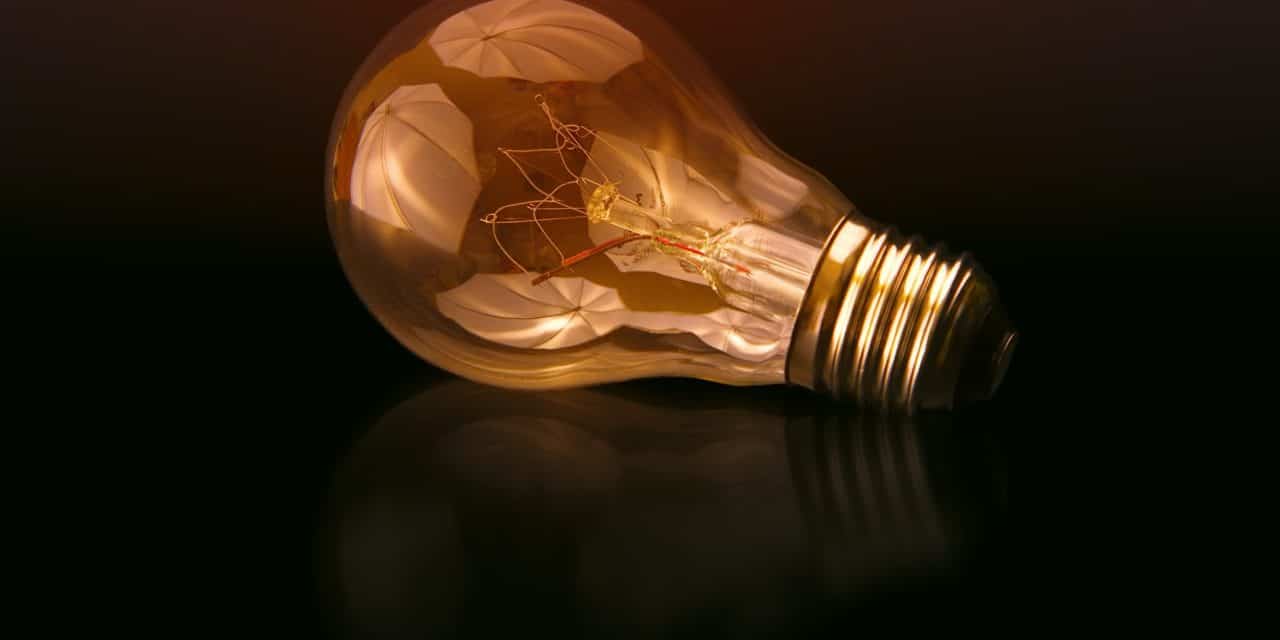[ad_1]
Navigating the waterways after dark requires special attention. Familiar landmarks now become unfamiliar or can even disappear. Floating debris becomes invisible and shore lights can now be distracting. The moon light can be distracting and your perception of distances can now be distorted. Here are a few tips on staying safe after dark.
Many waterways have idle speed or minimal wake restricted areas. Know your speed limits in the area and always obey or even go slower than required after dark. Slowing down can also minimize the impact associated with floating debris that you may not be able to see. Navigation lights from other boaters can be difficult to detect and even confused with the lights from the shoreline. Slow down until you have an exact visual of your area.
Most may feel more comfortable with a handheld spot light or mounted forward-looking light to lead the way at night. Be careful not to blind any oncoming traffic and never shine a light into the face of another boater. Maintaining the light the light at the water level and not up into the air will also enhance your ability to navigate. This will help to light up the path in front of you and not allow the light stray away. You'll also want to minimize any cabin or deck lighting you have turned on. We all love the look of the new flashy colored deck lights but they do reduce your ability to see beyond your bow.
Be sure to know your navigation signals on markers as well as other vessels. Knowing your red and green navigation lights will help you to know which direction an oncoming boat is going. Stern lights are always white and can be confused with lights
from the shore line. Always use caution approaching vessels as the captain may not be able to see you. Never assume that you are visible even if others are visible to you.
Never go into unfamiliar waters for the first time at night. Be sure you make a day trip first so you can inspect the area and possibly make a chart for your return trip. Installing a compass can be very helpful. For added security it is always nice to have a chartplotter or GPS on board. Although you'll want to minimize the operation of any lighted screen that can obstruct your vision at night. It's always a good idea to stop and find your location if necessary.
[ad_2]
Source by Linda Langston


